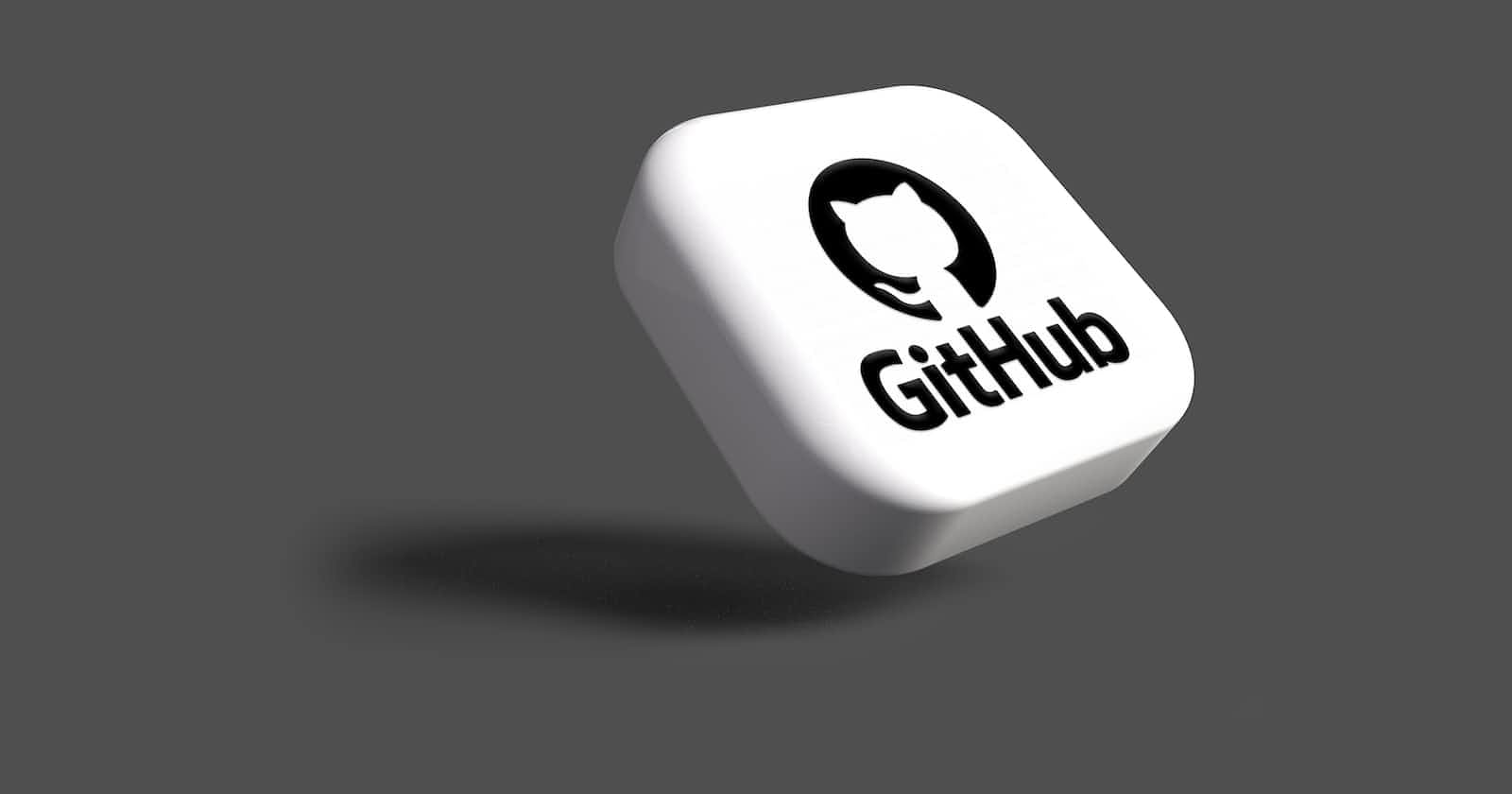GitHub is a web-based platform that allows developers to host and manage their version control repositories for software development projects. It was founded in 2008 and is now owned by Microsoft.
Git is a version control system that tracks changes to files and allows multiple developers to work on the same project without overwriting each other's changes. GitHub provides a web-based interface for developers to use Git and collaborate on projects. We can review and merge code changes, Track and manage issues, Collaborate with other developers, Host and review documentation, Host and share project-related files
GitHub also has a large community of developers who contribute to open-source projects, making it a popular destination for finding and collaborating on open-source projects. It is also used by companies to host and manage their internal code repositories.
Features available on GitHub
GitHub actions
GitHub Actions is a tool that allows developers to automate tasks and workflows within their software development process. It allows developers to build and run automated tasks, called "actions," in response to certain events or triggers on the GitHub platform.
Actions are written in yml files and run in Docker containers, allowing developers to build and run tasks in a consistent and predictable environment. These tasks can be run on a schedule, in response to a specific event, such as a code push or the opening of a pull request, or manually triggered by a user.
Some examples of tasks that can be automated with GitHub Actions include:
Building and testing code
Deploying code to a staging or production environment
Automating releases
Running static analysis tools
Sending notifications
It is a powerful tool for automating and streamlining the development process and can help developers save time and improve the efficiency of their workflows.
GitHub codespaces
GitHub Codespaces is a cloud-based development environment that allows developers to work on projects directly from their web browser. It provides a fully-featured development environment that includes a code editor, terminal, and tools for debugging and testing.
One of the main benefits of GitHub Codespaces is that it allows developers to quickly set up a development environment without the need to install any software on their local machine. This can be especially useful for developers who are working on multiple projects or who need to work on a project from different computers.It supports a wide range of programming languages and tools, including popular frameworks like React, Vue, and Angular.
In addition to providing a convenient development environment, GitHub Codespaces also makes it easy for developers to share their code and collaborate with others. Developers can share their Codespace with others, allowing them to work on a project together in real time.
GitHub projects
GitHub projects are a way to organize and track the work that goes into a project on GitHub. They allow you to create Kanban boards for organizing and prioritizing your work, and to set up automated workflows that trigger actions when certain events happen (such as a code review being completed or a new issue being opened).
Once you've created a project, you can add cards to your project board to represent tasks or issues that need to be worked on. You can also create columns on your board to represent different stages of your workflow, such as "To Do", "In Progress", and "Done". This can help you and your team stay organized and track the progress of your work.GitHub projects also allow you to set up automated workflows using GitHub Actions.
GitHub copilot
GitHub Copilot is an AI pair programmer that offers autocomplete-style suggestions as you code. You can receive suggestions from GitHub Copilot either by starting to write the code you want to use, or by writing a natural language comment describing what you want the code to do. GitHub Copilot analyzes the context in the file you are editing, as well as related files, and offers suggestions from within your text editor. GitHub Copilot is powered by OpenAI Codex, a new AI system created by OpenAI.
GitHub Copilot is trained on all languages that appear in public repositories. For each language, the quality of suggestions you receive may depend on the volume and diversity of training data for that language. For example, JavaScript is well-represented in public repositories and is one of GitHub Copilot's best-supported languages. Languages with less representation in public repositories may produce fewer or less robust suggestions.GitHub Co-Pilot is designed to make it easier for developers to work together on code and resolve conflicts as they arise.
GitHub pages
GitHub Pages is a feature of GitHub that allows users to create and publish websites directly from a repository on the platform. It is a convenient way for developers to create and host simple websites, project documentation, and other content related to their work.
To use GitHub Pages, you need to create a repository on the platform and enable the GitHub Pages feature for the repository. You can then create and commit the files for your website, such as HTML, CSS, and JavaScript files, to the repository. GitHub will automatically build and publish your website, making it available online at a URL based on your GitHub username and the repository name. It supports static websites, meaning that the content is generated at build time and does not change dynamically. You can use a variety of tools and frameworks, such as Jekyll and Gatsby, to create and build your website. GitHub also provides templates and themes that you can use to get started quickly
Overall, GitHub is a valuable resource for developers and software teams, providing a platform for version control and collaboration that helps streamline the software development process.


